
A lot of people worry that they wont be able to get enough plant based protein on a vegan diet.
I was also concerned about this myself before I went vegan.
You dont need to be concerned because its actually very easy to get enough complete protein on a vegan or plant based diet.
The real trick is to make sure the sources of protein come from whole foods which also have enough micronutrients to provide all your daily nutritional needs.
We dont need to be as concerned about protein as we do about getting all of our vitamins and minerals. So a whole foods diet based on fruit and veg is optimal.
But I do understand that protein is at the forefront of most peoples minds when they are considering the impact of a vegan or plant based diet. So that is my focus for this article.
Today Im sharing a list of all of my favorite whole food plant based protein sources to keep you healthy on a vegan diet.
Heres an interesting fact for you
Although vegans seem to have no trouble getting enough protein, meat eaters eat about 20% more protein than vegans do
Interestingly, studies have also shown that despite taking in less protein than meat eaters, vegans had significantly higher plasma protein in their blood.
This is thought to be attributed to the anti-inflammatory nature of plant-based diets.
So lets dig in and make sure you never have to worry about a protein deficiency on a plant based diet.
19 Best Plant Based Protein Sources: Complete Whole Foods
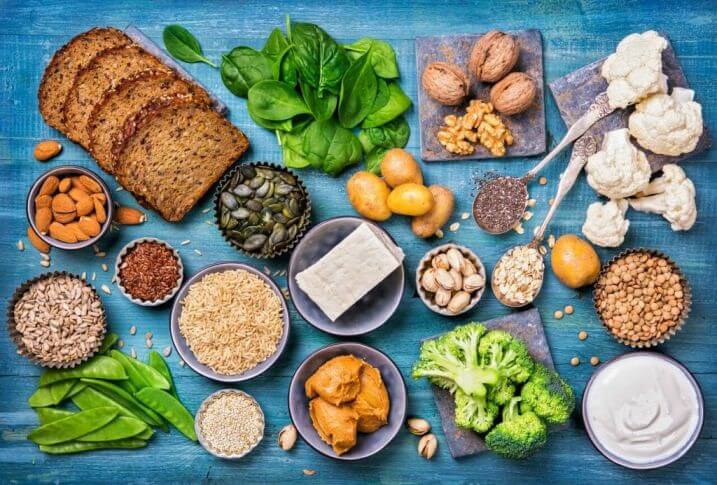
1.Lentils are a popular protein pick for those on vegan and vegetarian diets. They can pump you up with protein fast. Per half cup, lentils add 9 grams of protein. As a bonus, from that same half cup, you get 15 grams of fiber. Arent they lovely little meaty legumes?
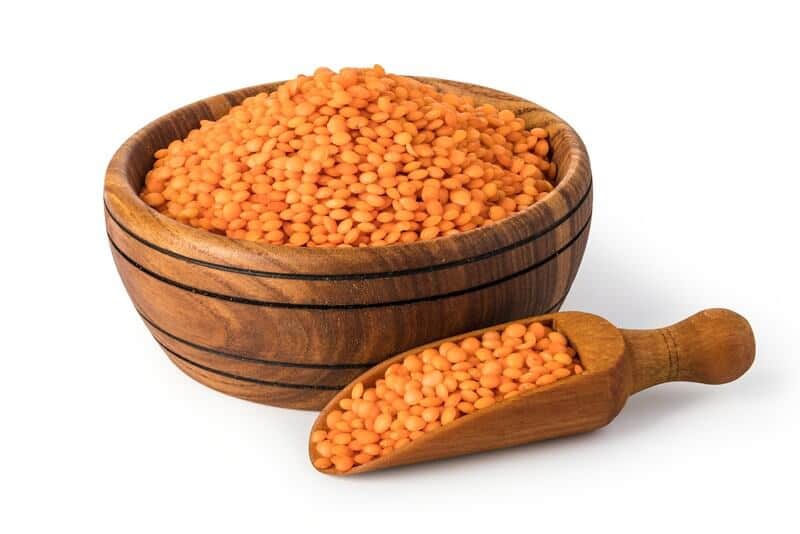
2.Chickpeas make for nice hummus, and a 1/2 cup serving packs 8 grams of protein.
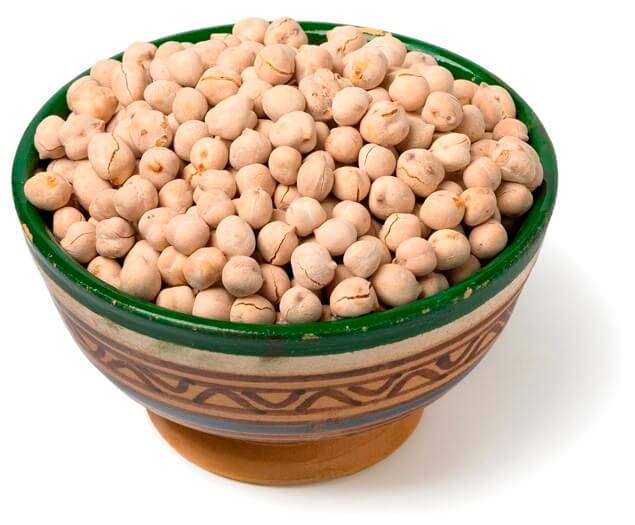
3.Black beans are among the heftiest antioxidants sources, which their dark color signifies. Its one of the healthiest of all legumes and beans and contains less starch than some others.
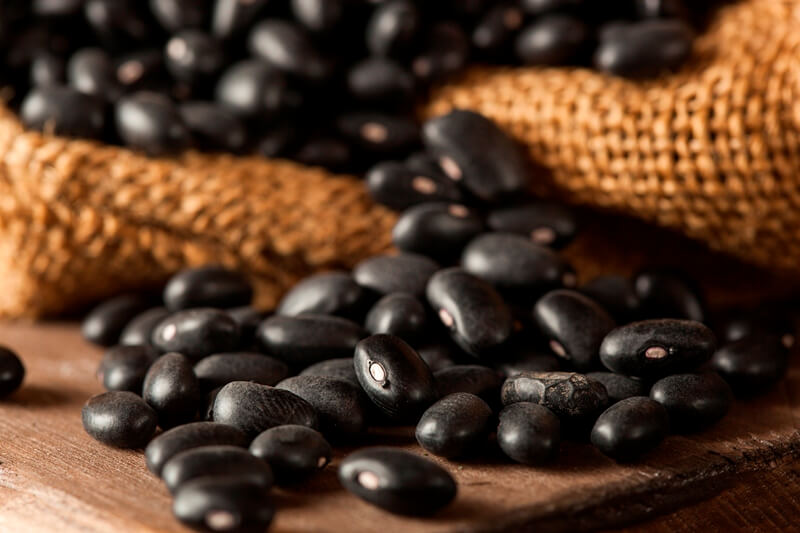
4.Brussels sprouts arent a favorite taste-wise for a lot of people. They not only offer protein, but are also a substantial amount of vitamin K and potassium.

5.Quinoa is a seed-like grain that is gluten-free and an excellent source of fiber, protein, antioxidants, and magnesium. Its incredibly versatile; you can bake it, cook it, or even stir it into a stir-fry dish. I actually put quinoa in my smoothies as its so good for you. Get yours here.
6.Spirulina is a blue-green alga that tastes great in a smoothie providing 4 grams of protein and 80 percent of your daily iron needs in a single tablespoon. Surprisingly, it makes a complete amino acid source. Get yours here.
7.Green peas are not only packed with fiber and protein, but they also provide a healthful amount of leucine, which is an amino acid vital to weight-loss and metabolism that is hard to find in many plant-based foods. Way to go peas!
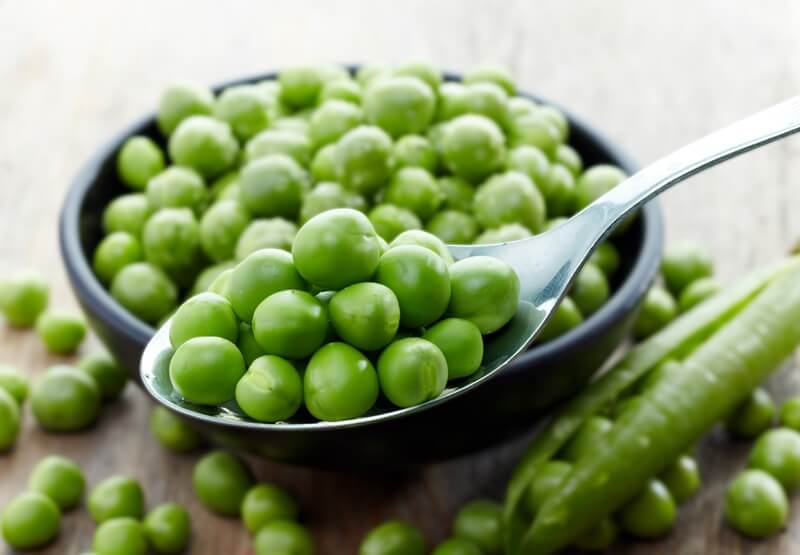
8.Oats provide three times the amount of protein as brown rice with more fiber and less starch. It also makes for a decent source of B vitamins, calcium, and magnesium. Most of my smoothies and shakes are made with extra oats to fill you up and provide more protein. Get yours here!
9.Almonds, eaten as fresh nuts, contain 7 grams of protein per cup or the same with almond butter in 2 tablespoons. Get your almonds here!
10.Pumpkin seeds have 8 grams of protein in a 1/4 cup. They are probably the most overlooked sources of protein, iron, and magnesium. This was the main ingredient in my natural protein shake. Get your pumpkin seeds here!
11.Green beans deliver 4 grams of protein in a half cup and give you high fiber, low carbs, and vitamin B6.

12.Chia seeds are a complete source of protein with 5 grams per 2 tablespoons. It also makes a great pudding, among other things. Here is a great chia seed smoothie. Get your chia seeds here!
13.Amaranth is similar to quinoa. Its a seed but also considered an ancient pseudo-grain. One cooked cup adds 7 grams of protein to your meal, as well as, magnesium, B vitamins, and iron.
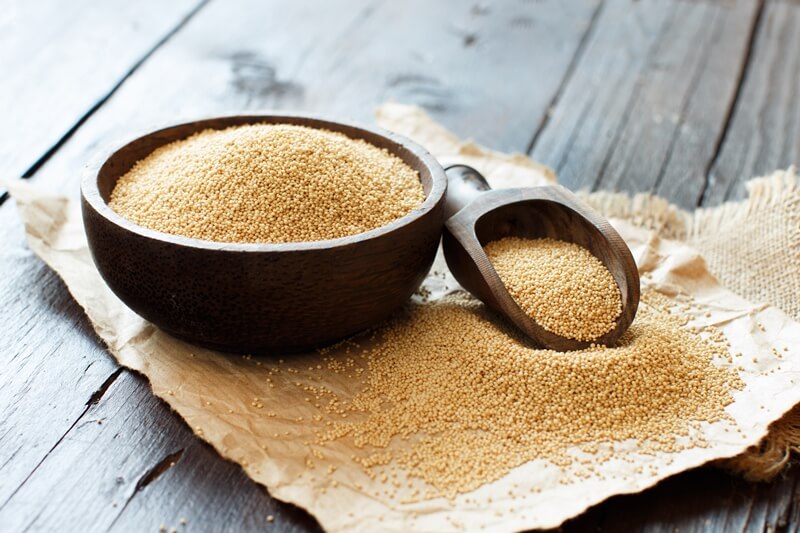
14.Asparagus has 4 grams of protein per cup, which is about four to six chopped stalks. Its also an excellent source of folate.

15.Hemp milk is a growing favorite among plant-based milk. There are 5 grams in a single cup. You can buy it at the store or make some at home. All you do is blend 1/4 cup of hemp seeds with 2 cups of water, strain and use as you would almond milk. Unlike almonds, you dont need to soak hemp seeds. By adjusting the ratio of seeds to water, you can increase or lessen the creaminess of the milk as you desire. Get your hemp hearts here!
16.Spinach is filled with 5 grams of protein with each cup and is an amazing leafy green that I cant get enough of. I eat a massive amount of leafy greens in my green smoothies each day which not only gives me protein but also many micronutrients that you are probably missing otherwise. Check out my complete guide to spinach recipes here.
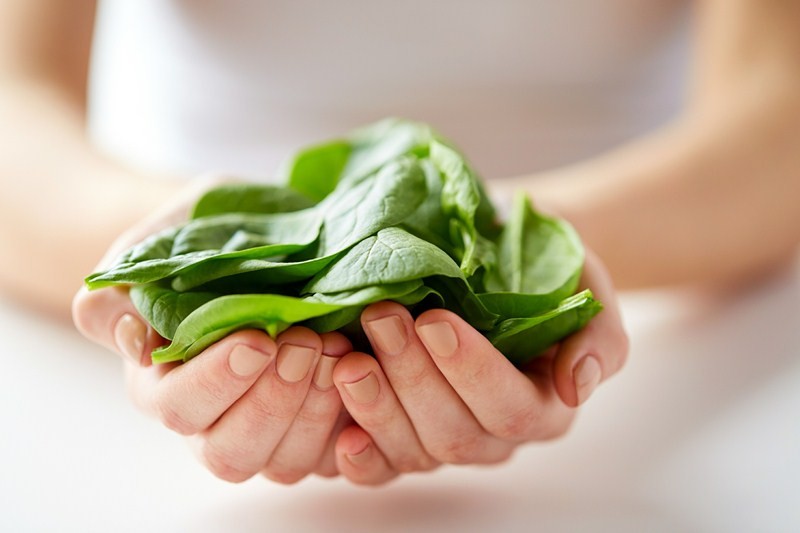
17.Broccoli not only has 4 grams of protein in one cup but it provides 30 percent of daily calcium needs. Broccoli is also a decent source of fiber, vitamin C, and B vitamins for only 30 calories. Did you know you can also add broccoli to a smoothie?

18.Black-eyed peas are boring to some people but a half cup packs 8 grams of protein and like many other beans, offers an excellent source of B vitamins, iron, potassium, and magnesium.
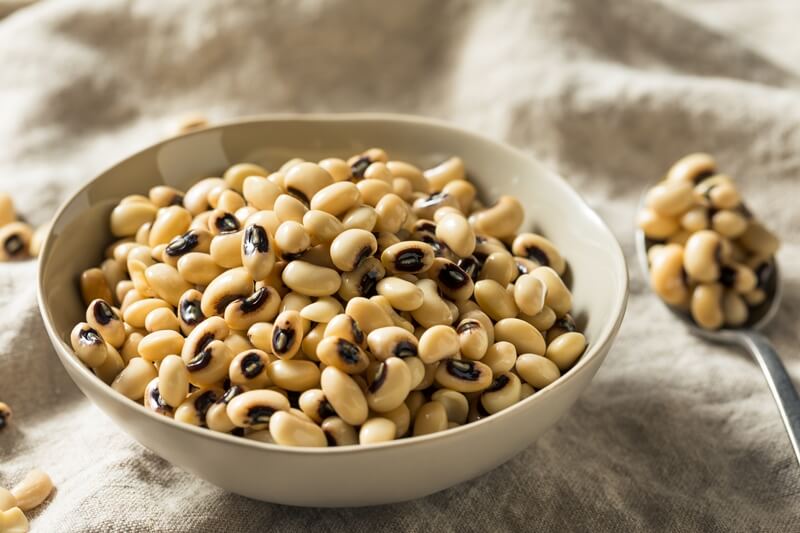
19.Artichoke hearts have 4 grams of protein per 1/2 cup and can fill you up, while still being low in calories.
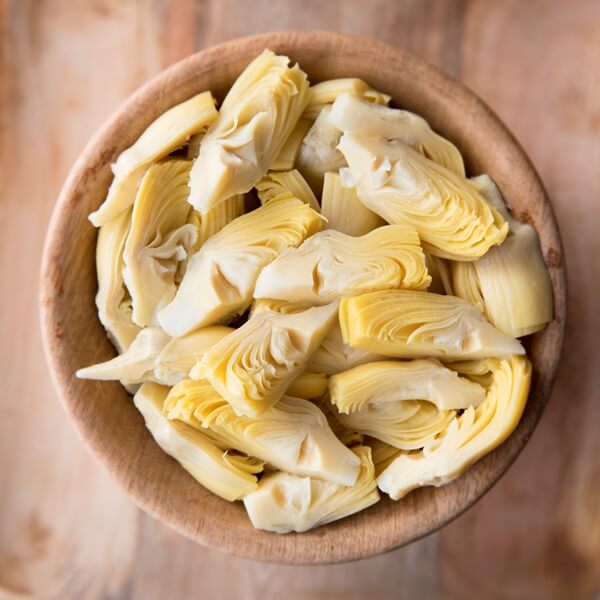
Protein In Leafy Greens
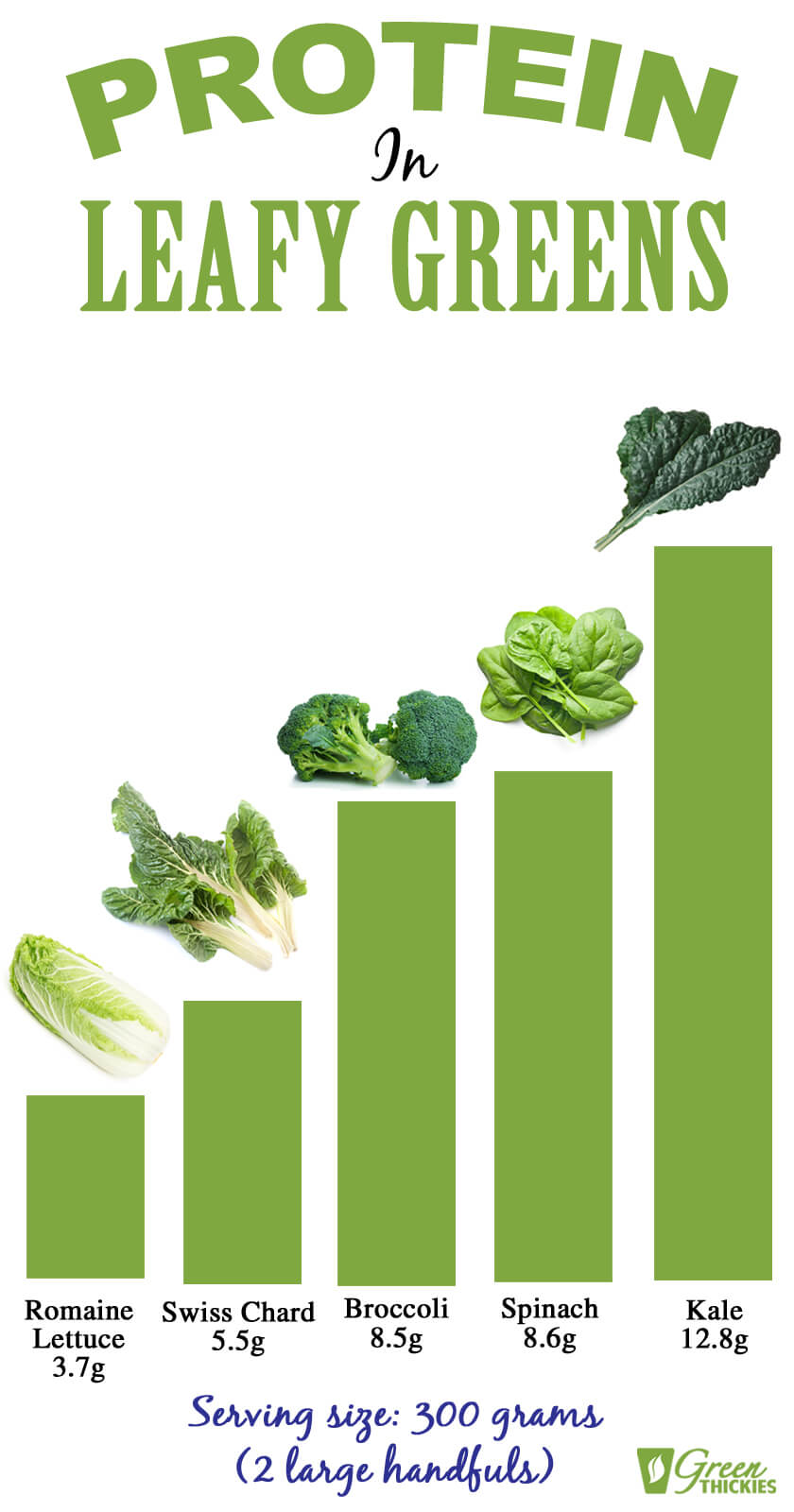
5 Best Protein Shakes Resources
The Only Guide To Protein Shakes You'll Ever Need
This guide to protein shakes will tell you everything you need to know about making healthy protein shakes. The truth about protein shakes is...
How Much Protein Should I Eat? (And How Do Vegans Get Enough Protein?)
I get asked this all the time, 'How much protein should I eat?' This is also one of the most commonly asked questions for vegans Where do you get your protein? We are a nation obsessed with protein, and really there's no need, but since it''s on everyone's minds Im going to break down exactly how much protein you really need a day and show you that Green Thickies contain exactly the right amount of protein.
Which Is The Best Protein Powder, And Do We Need It At All?
Today, I'm going to be answering the question, which is the best protein powder to use in our smoothie?
This is a great question but it's not the ideal question.
The question I think we should be asking is should we be using protein powder in our smoothies at all?
20 Ways to Make Homemade Meal Replacement Shakes for Weight Loss
20 ingredients to add to your smoothies to turn them into meal replacement shakes. I lost 56 pounds with homemade weight loss shakes. This works because...
High Protein Shake Recipe Without Protein Powder
Today Im sharing my High Protein Shake Recipe Without Protein Powder. This shake will help you put on muscle, while still losing weight and meeting all of your nutritional needs, giving you a crazy amount of energy that will propel you through your workouts. Today Im going deep into the science behind my choice of ingredients so you can understand why each item in this smoothie is so powerful for your health.
Click here to pin this for later
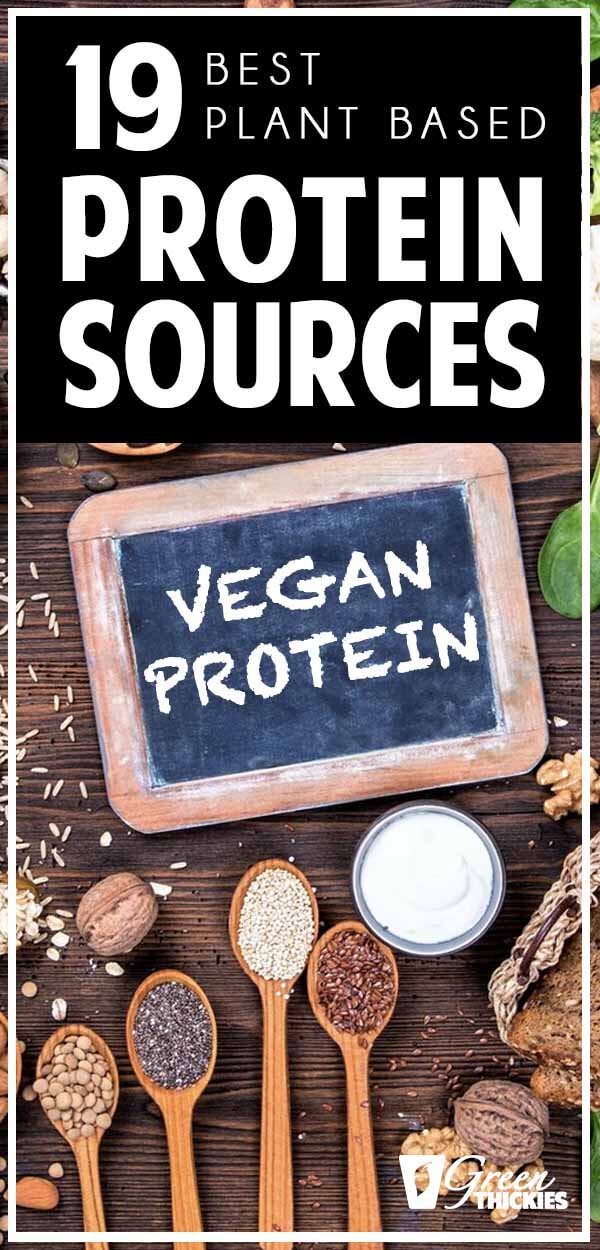
Keep in mind, the body is only able to use but a certain amount of protein at a time.
If it cant digest the remaining protein during a meal, it can go to waste and sometimes cause harm to the body.
Dont forget that you dont just get protein in this whole food plant based protein sources, but you also get many of the essential nutrients needed for good health.
If you are considering supplementing with protein powders, you may want to think twice because all of the nutrients are stripped away leaving you deficient in key vitamins and minerals.
However, aside from the alternative of making homemade protein powders which I have a great recipe for, there are some decent protein powders on the market sourced from whole foods you may enjoy.
Check out my video showing you how to make your own homemade high protein shake.
Check out my article on the 5 Best Vegan Protein Powders to find the most natural, whole food sources of protein powder on the market this year.
If you enjoyed this article, 19 Best Plant Based Protein Sources, please let me know your thoughts in the comments.
https://nutritionfacts.org/video/vegan-protein-status/
https://www.peta.org/living/food/complete-proteins-vegan/
https://foodrevolution.org/blog/plant-based-protein/
The post 19 Best Plant Based Protein Sources: Complete Whole Foods appeared first on Green Thickies: Filling Green Smoothie Recipes.

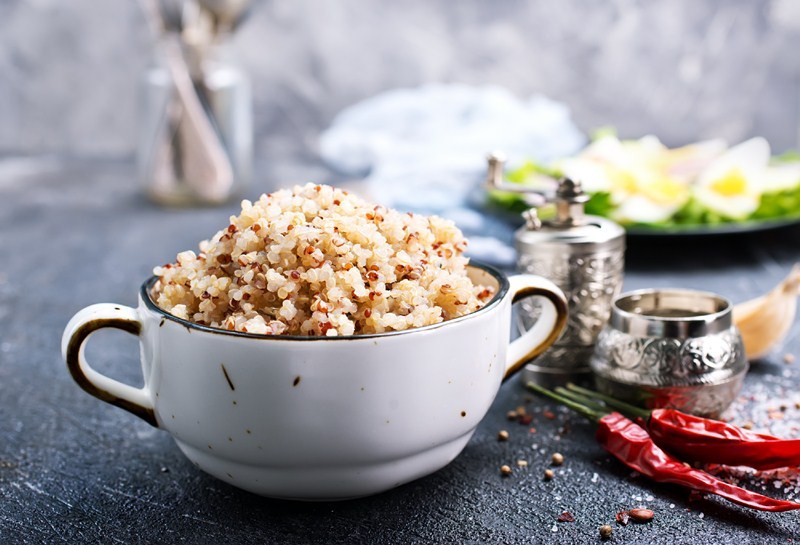
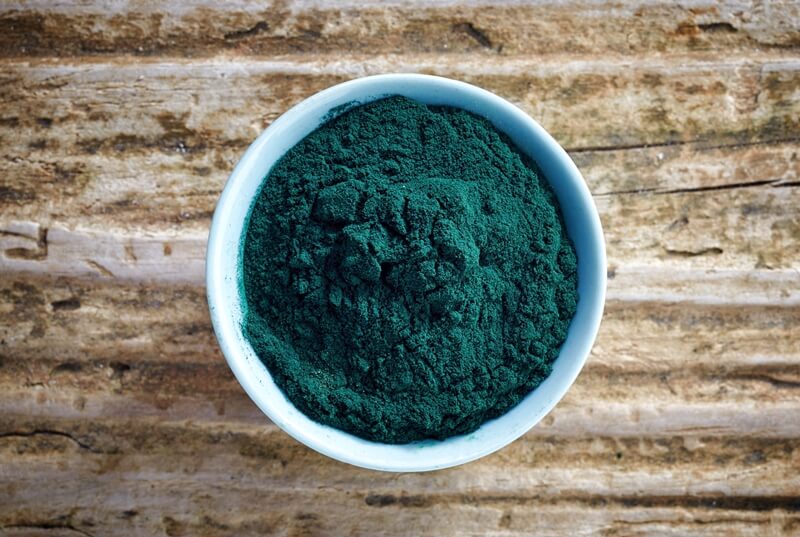
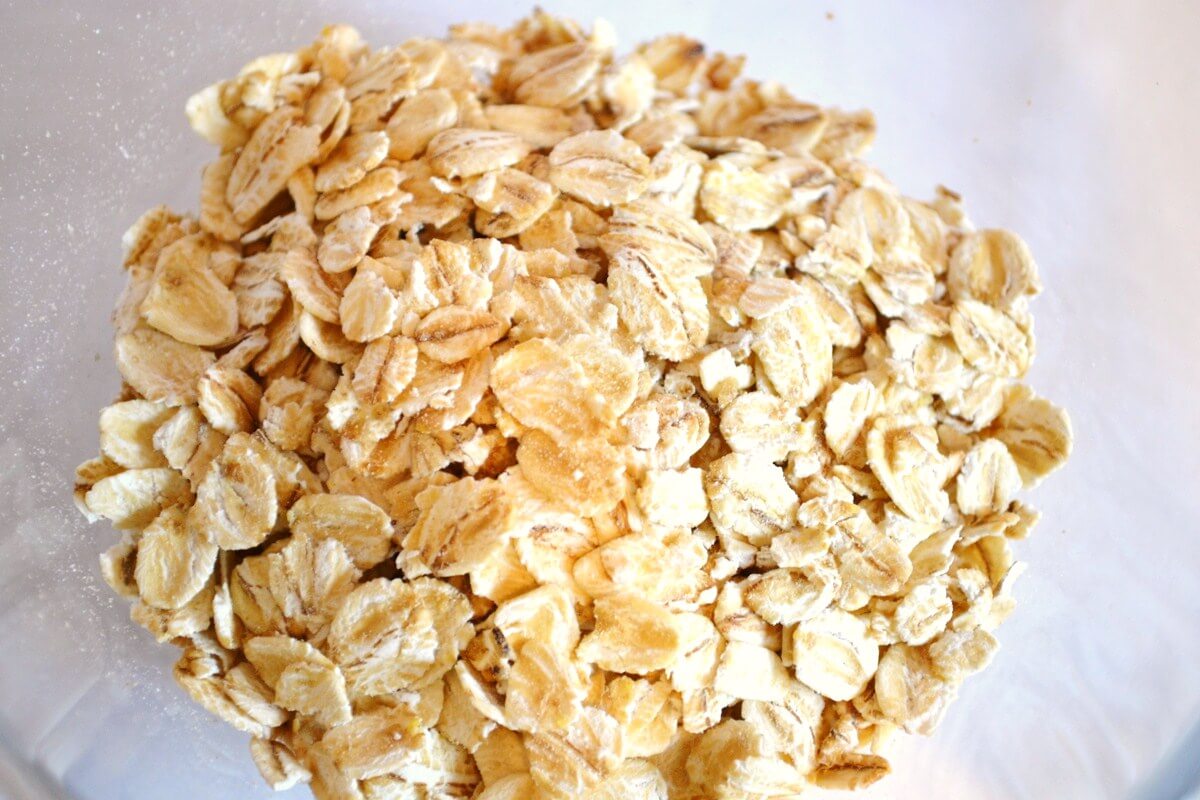

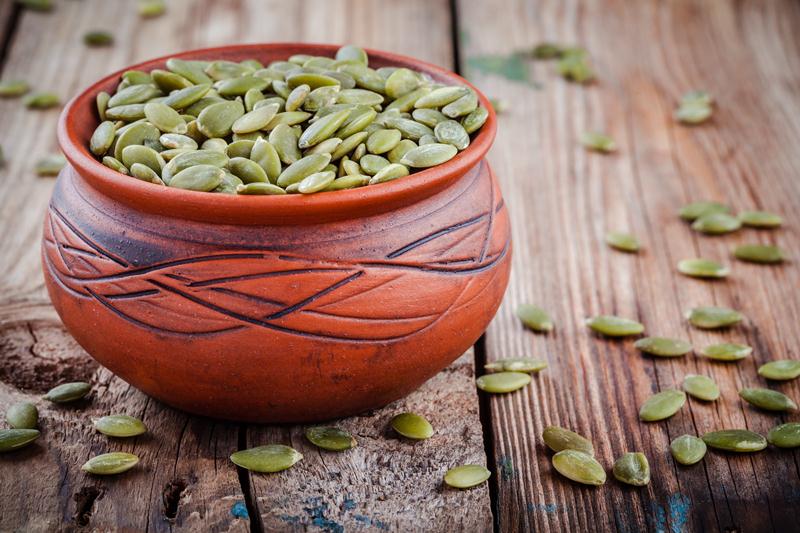
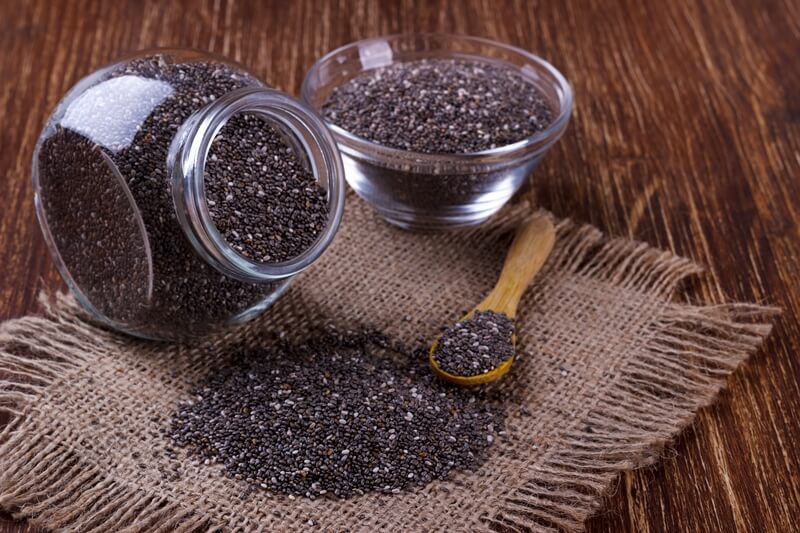

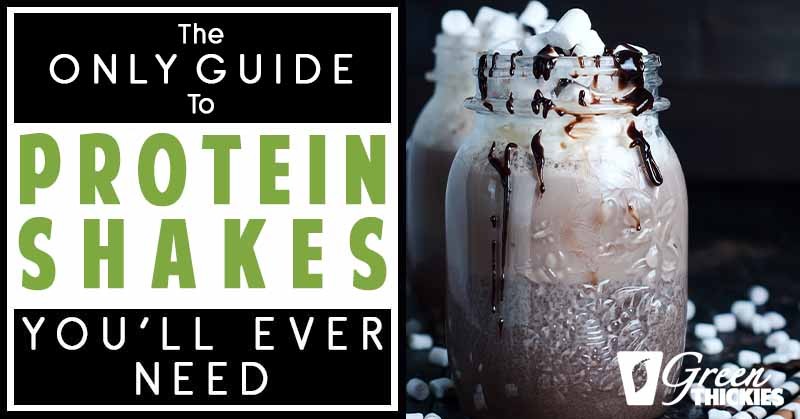
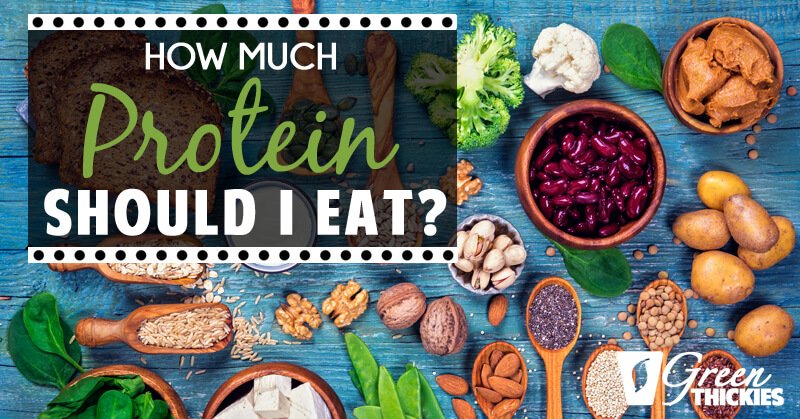
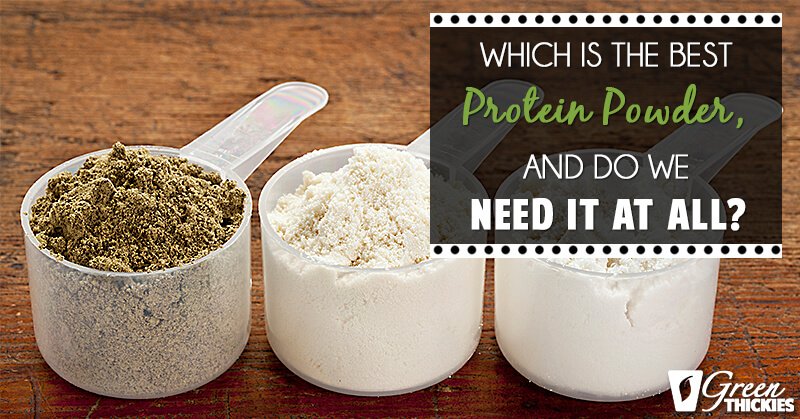
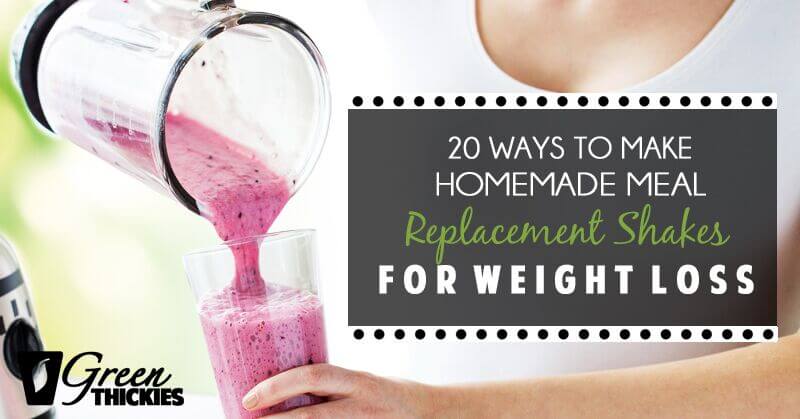
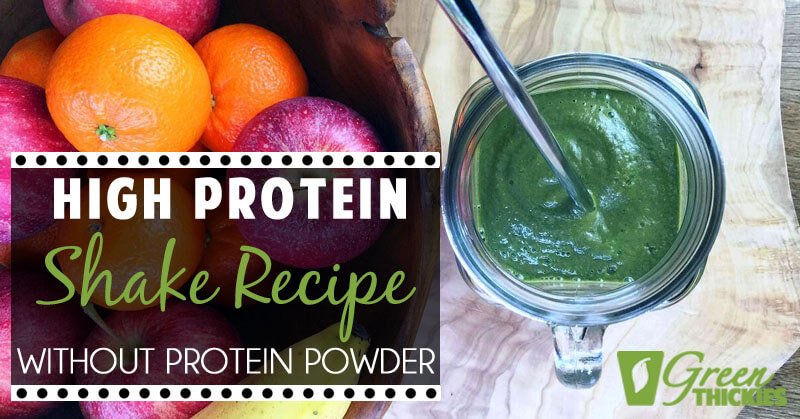
Leave a comment